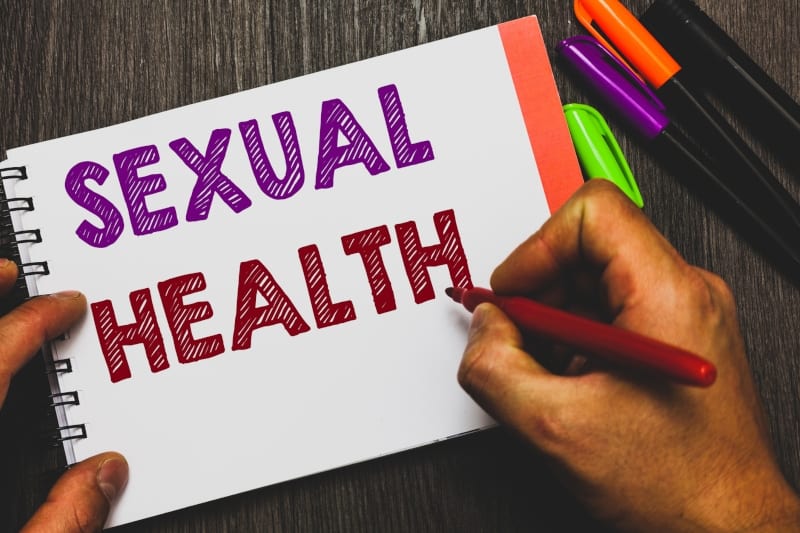Teachers’ knowledge and attitudes influence reproductive and sexual health education
Adolescence is a period of dramatic bodily change and often a confusing time for young people. The role of teachers in guiding young people through these changes can be an important factor in how successfully they are managed.
By Aakanksha Sankhyan
Puberty is a time of emotional, psychological and physical transition, often marked by increasing independence. However, in order for young people to adequately understand the changes they are experiencing, it may be helpful to learn from people who have been through it themselves, namely parents and teachers. In many cases, teachers can be the best source of knowledge for adolescents when it comes to reproductive and sexual health.
With a total of 1.2 billion, adolescents make up roughly 15% of the global population, and India has more adolescents than any other country, at approximately 243 million. These numbers highlight the importance of addressing the specific healthcare needs of this large group. With this in mind, researchers from Haryana, India, conducted a survey to assess the level of knowledge and the attitudes of teachers towards adolescent reproductive and sexual health. They gathered data from 70 teachers in five government schools using self-report questionnaires and attitude scales – the results were recently published in the International Journal of Adolescent Medicine and Health.

Gaps in knowledge about birth control and other sex health issues
The researchers found that most of the teachers had an “average” knowledge of reproductive and sexual health topics, with contraception being the least well understood issue, and reproductive organs being the best understood. Furthermore, a majority of teachers had a “moderately favorable” attitude towards teaching reproductive and sexual health and felt that it was necessary to teach this subject. In contrast, 98.6% of teachers surveyed did not have any specific training in teaching reproductive and sexual health classes. The authors therefore conclude that gaps in the teachers’ knowledge are contributing factors in various misconceptions regarding reproductive and sexual health.
According to the researchers, teachers must have sufficient knowledge as well as a favorable attitude towards teaching reproductive and sexual health classes to be able to illuminate the misconceptions related to this topic. Various programs can be organized to allow teachers to learn new teaching strategies and to foster favorable attitudes towards reproductive and sexual health classes being included in the curriculum.
Read the original article here: